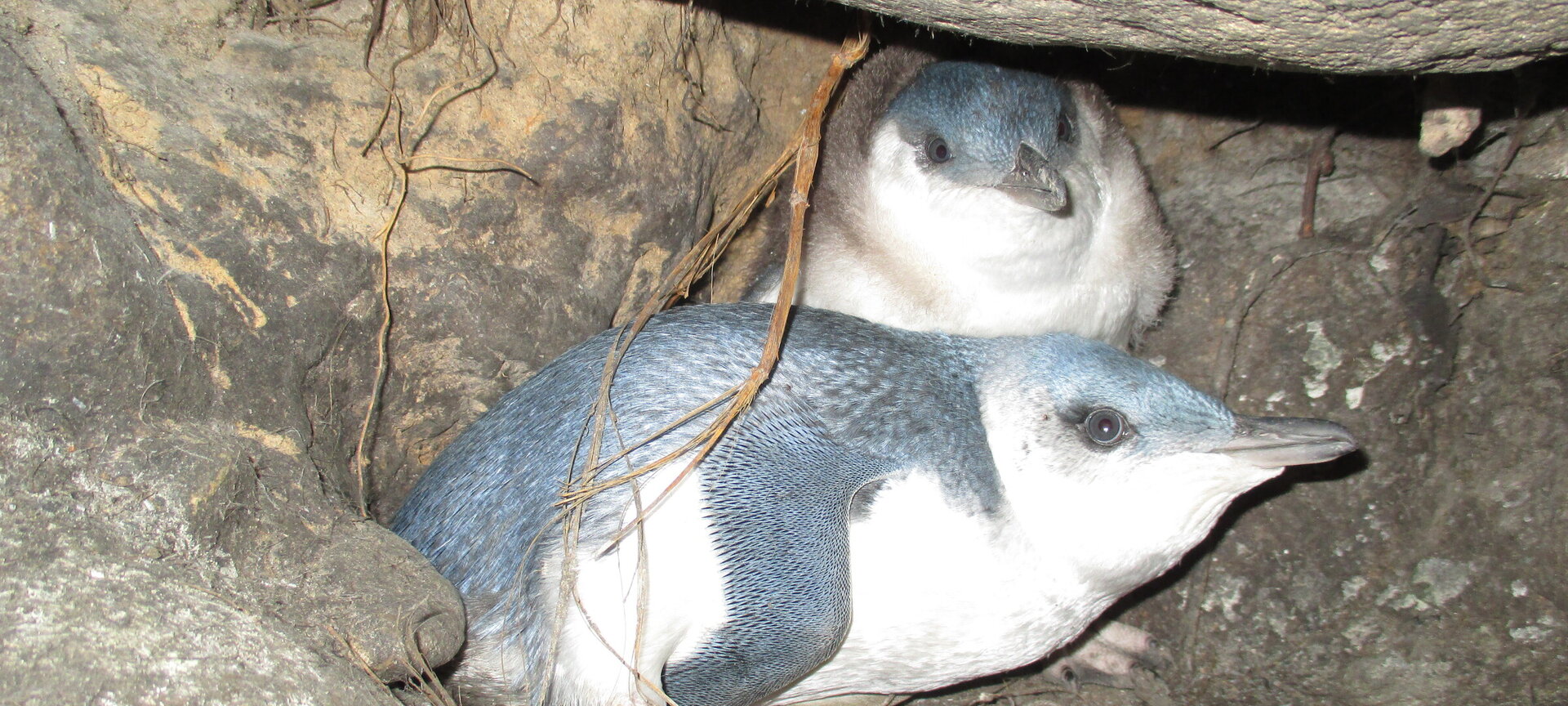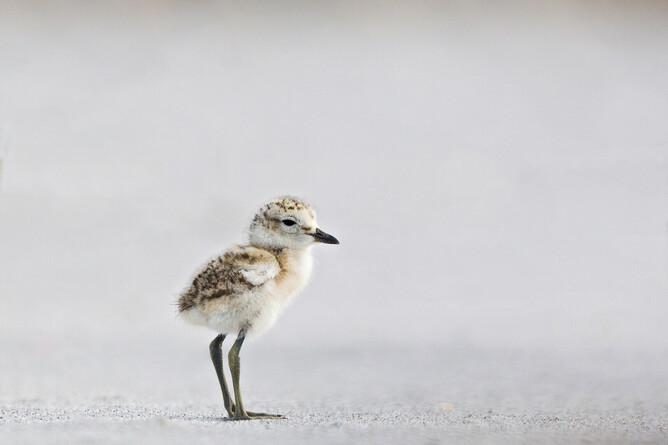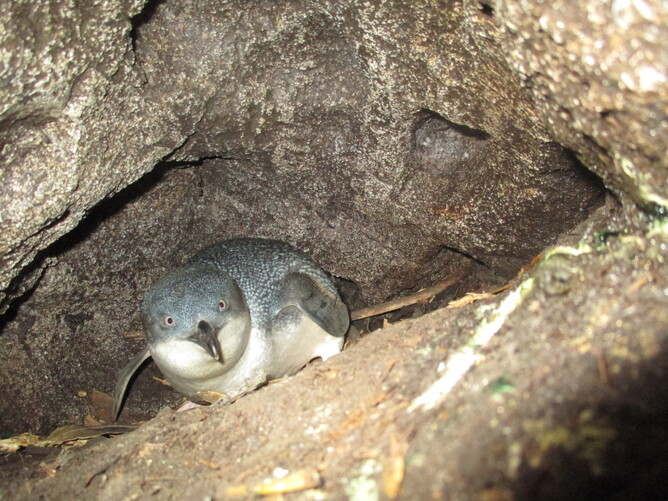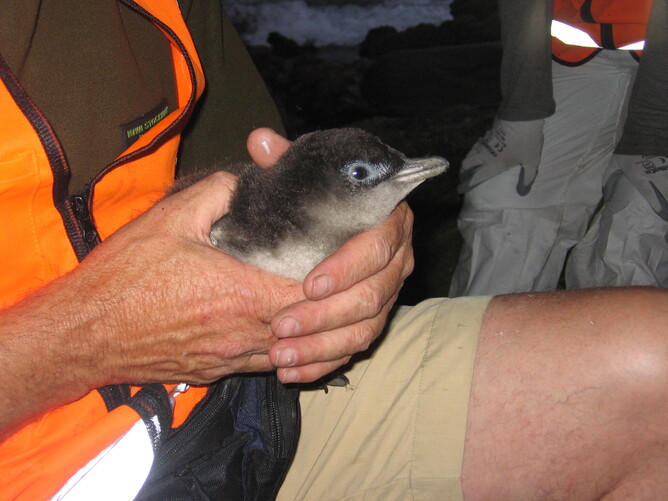Summer is here and no doubt you're planning to spend some time on our beautiful beaches over the holidays. The Western Bay is home to some really special native birds, Little Blue Penguins, Grey Faced Petrels and our shorebirds all nest in the area and need our help to make sure they survive.
Please be aware of our birds this summer, follow the signs about where you can walk your dogs, do not disturb nesting birds and keep your cats inside at night, and both you and our birds can enjoy the beach this summer.
Protect our Nesting Shorebirds at the Mount Main Beach
We’re so lucky to have New Zealand Dotterels and Oyster Catchers nesting on the Mount Main Beach. These special birds will only survive with our help.
- Please keep your distance – the birds may try to lead you away from their nest leaving the eggs and chicks unprotected
- Keep cats inside at night – these birds are easy prey
- Remember no dogs on the Main Beach, Shark Alley or Pilot Bay. Dogs are allowed South of the rocky outcrop past Moturiki (Leisure Island)
Photo © Reg Quinn - thanks for your support
No Dogs on the Beach
Help us protect our Little Blue Penguins and Grey-faced Petrels at the Mount this summer. Please take notice of the No Dogs signs around Mauao.
No Dogs Allowed:
- Mount Maunganui Main Beach, from Moturiki (Leisure Island) to Mauao (Mount Maunganui)
- Pilot Bay from Mauao to Salisbury Avenue
- 1 August to 31 January: Shark Alley – the beach foreshore from Moturiki (Leisure Island) to the rocky outcrop heading towards Papamoa. (Dogs are allowed on leash from 1 February to 31 July)
Dog are allowed on the beach year-round South of the rocky outcrop past Moturiki to Papamoa East.
Find out more about where to walk your dog here
0800 SICK PENGUIN
Our penguin population are in for a tough summer. Due to La Nina weather system, food for our Little Blues is scarce.
The most vulnerable are our fledglings making it out to sea for the first time and adults in poor condition after breeding or before they undertake their stressful annual feather moult (they starve for 2-3 weeks on land until they're waterproof again).
These little guys battle through in a tough environment, with a constant threat of cats, dogs, mustelids and rats, fishing line, rubbish, boat strikes, oil pollution, human disturbance and habitat loss or competition. It's up to us to help halt their nationwide decline.
If you see a penguin on the beach during the day, it is likely to be sick or injured. Call 0800 SICK PENGUIN for Western Bay of Plenty region or 0800 DOC HOT for further advice.



